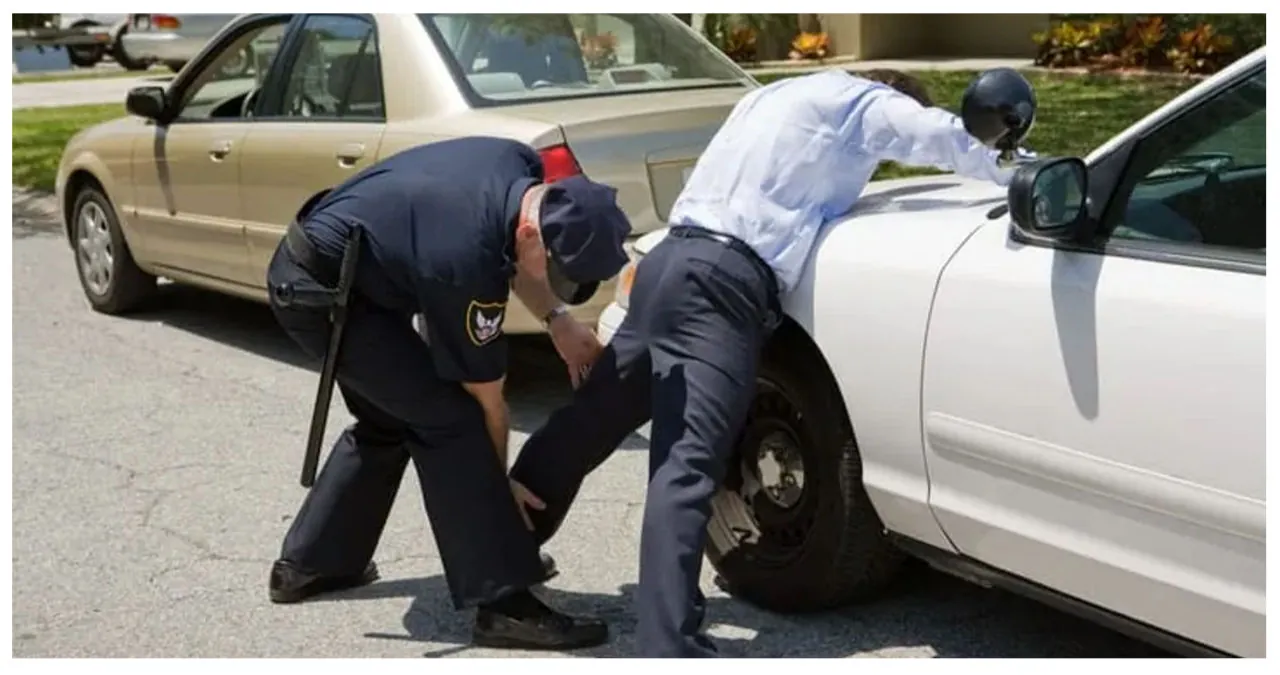In the digital age, our smartphones hold more than contacts and cat videos. They are repositories of our personal lives, storing messages, photos, banking information, and even our location history. So, what happens to this trove of data when we encounter the police during a routine traffic stop in Washington state? Can they demand access to our most intimate digital space?
Like many legal matters, the answer is not a simple yes or no. It depends on a delicate balance between the Fourth Amendment’s protection against unreasonable searches and seizures and the police’s need to investigate potential crimes. This article delves into the legal framework surrounding phone searches during traffic stops in Washington, empowering you to understand your rights and navigate this complex intersection of technology and law.
The Fourth Amendment and Your Digital Rights:
The Fourth Amendment of the United States Constitution safeguards individuals from “unreasonable searches and seizures.” This fundamental right extends to your physical person and property, including your smartphone. In 2014, the landmark Supreme Court case of Riley v. California established that cell phones deserve the same Fourth Amendment protection as traditional “containers” like purses or briefcases due to the vast amount of personal information stored on them.
For police to access your phone’s contents, they typically need one of two things:
- A warrant is a legal document issued by a judge based on probable cause, meaning the officer reasonably believes that evidence of a crime will be found on your phone. Obtaining a warrant can be lengthy and complex, requiring the officer to articulate specific reasons for seeking access to your data.
- Your consent: You can freely and voluntarily grant the police permission to search your phone. However, consent must be unambiguous. Be aware that police officers may try to pressure you into giving consent by implying negative consequences for refusing. Remember, you have the right to simply say no simply, which will not raise suspicion or negatively impact the situation.
Exceptions to the Rule
While the general rule requires a warrant or consent for phone searches, there are a few narrow exceptions:
- Plain view: If the officer can see evidence of a crime on your phone screen without touching or searching the phone itself, they may be able to use that evidence to justify further investigation. For example, if your phone displays a drug transaction in progress, this could constitute probable cause.
- Search incident to arrest: If you are arrested for a crime, the police may be able to search your phone as part of a routine search incident to arrest. However, the scope of this search must be limited to what is relevant to the crime for which you were arrested.
- Exigent circumstances: In rare cases where there is an immediate threat to public safety or evidence, the police may conduct a warrantless search of your phone. However, these situations are exceptional and require compelling justification.
Tips for Protecting Your Rights:
Knowing your rights is crucial when interacting with the police during a traffic stop. Here are some tips to remember:
- Remain calm and respectful: Even if you disagree with the officer’s actions, it’s important to stay calm and cooperative. Maintaining a respectful demeanor can avoid escalations and protect your rights.
- Do not consent to a search: You have the right to refuse a phone search, and you should exercise this right if you are uncomfortable. Politely but firmly state that you do not consent to a search and request to speak with an attorney if necessary.
- Know your passwords and pin codes: Keep your phone password and pin code strong and avoid sharing them with anyone. This adds an extra layer of protection against unauthorized access to your data.
- Seek legal advice: If you are unsure about your rights or believe that your phone was searched illegally, consult with an attorney. They can advise you on your options and help protect your legal interests.
The Future of Phone Searches
As technology advances and our phones become even more integral to our lives, the legal landscape surrounding phone searches during traffic stops will likely evolve. Courts may refine the definition of “probable cause” for digital evidence and address emerging issues like warrantless access to encrypted data. It is important to stay informed about these developments and advocate for strong privacy protections in the digital age.
Conclusion
While Washington law protects your phone from unwarranted searches during traffic stops, understanding your rights and confidently exercising them is crucial. This knowledge empowers you to navigate police interactions and safeguard your privacy in the digital era. Remember, you are not simply a driver but also a citizen with constitutional rights. Knowing and claiming those rights ensures a fair and balanced interaction with the police, protects your privacy, and upholds the fundamental principles of freedom and justice.
Additional Resources
- The American Civil Liberties Union (ACLU) of Florida: https://www.aclufl.org/
- The Florida Bar: https://www.floridabar.org/
- The Florida Highway Patrol: https://www.flhsmv.gov/



